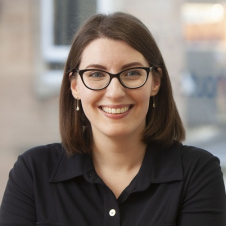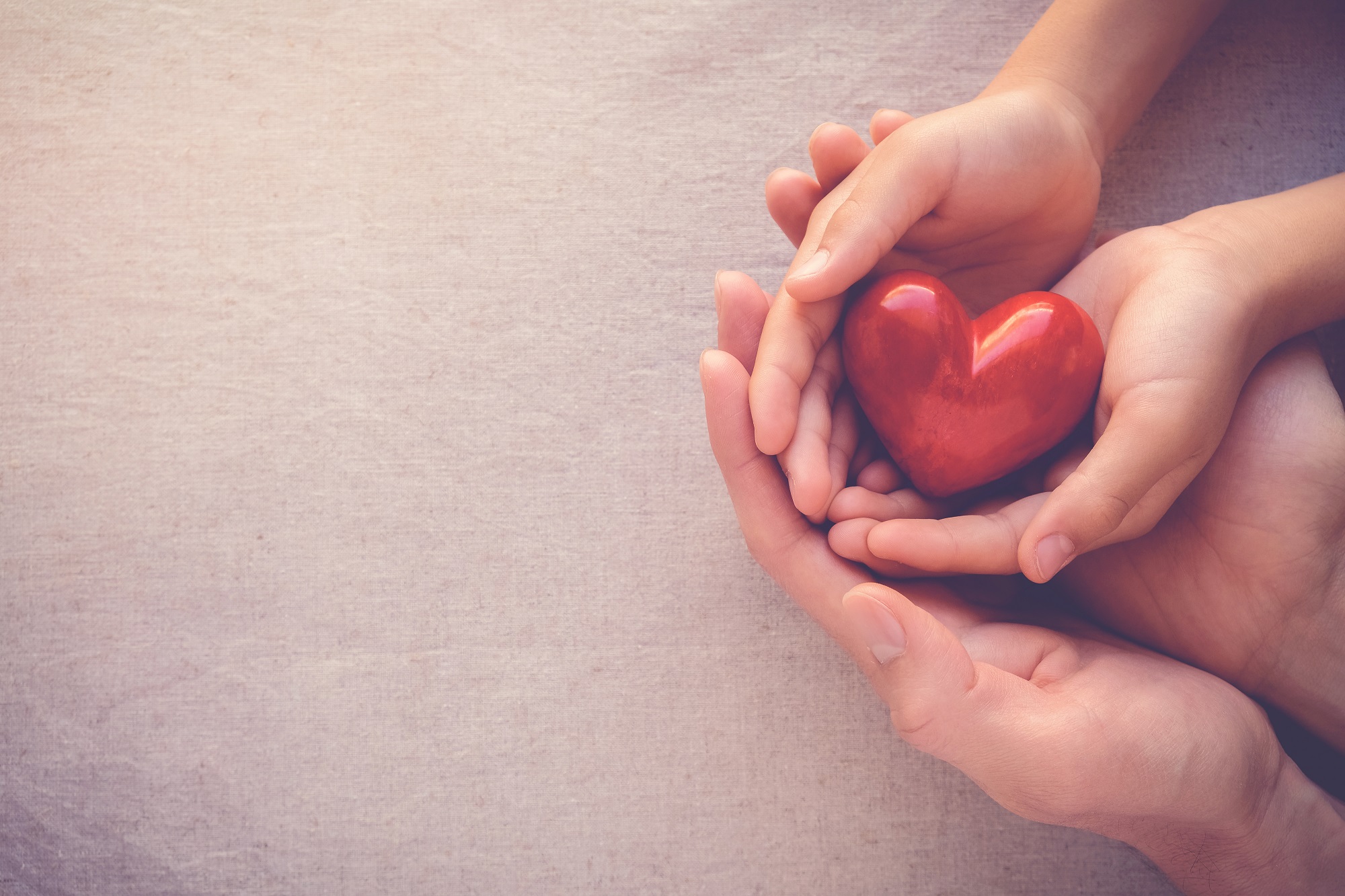International Women’s Day 2020: Spotlight on Dr Marsha Scott, Scottish Women’s Aid

Charlotte Duncan
Communications Manager
06 March 2020
Founded in 1976, Scottish Women’s Aid is, for many, a lifeline. Alongside a network of over 30 local Women’s Aid groups, the organisation works tirelessly to end domestic abuse against women and children in Scotland.
As Chief Executive of Scottish Women’s Aid and a passionate activist for the rights of women and children, Dr Marsha Scott helps give a voice to those who are often forced to be voiceless. This International Women’s Day, we spoke with the lady who truly embodies the meaning of “women supporting women”.
What led to you becoming Chief Executive of Scottish Women’s Aid?
I’m originally from New York, and my PhD brought me to Scotland. I had been working for the Bureau of Maternal and Child Health in New Hampshire in the United States, doing public health work around family planning, reducing unintended adolescent pregnancy, and a woman’s right to choose – all things that are still very live women’s issues. In 2000 I moved to Edinburgh to do my PhD on Scottish Domestic Abuse Policy. I became very active in the women’s movement in Scotland and began volunteering for Engender, which is Scotland’s national feminist policy organisation. I was on the board of Engender for some time and was involved with international work around violence against women. That, coupled with my academic work, gave me a seat at the table when the future of Scotland’s work around domestic abuse was being discussed.
I then joined West Lothian Council, heading up their Policy and Equality team, and during my 10 years there I worked with some amazing women to set up the Domestic Abuse and Sexual Assault team. At that point we had formed a collaborative training project with Scottish Women’s Aid (SWA), and I had also been doing some other training with SWA based on additional domestic violence research I carried out while I was finishing my PhD. So, by the time the Chief Executive post opened up, the SWA team and I were well known to each other and I was well known within the violence against women activist community. I never would have predicted I would become Chief Executive of Scottish Women’s Aid, but it really is my dream job.
What makes you most proud of Scottish Women’s Aid?
For me, what Scottish Women’s Aid stands for above anything else is that we speak truth to power even when our voices shake. That is a legacy that the women who started Women’s Aid in Scotland 50 years ago have given us. They started around kitchen tables; they didn’t have offices or computers or core funding from the Government - but they said the same difficult things that we do, that power didn’t want to hear. That’s what made Scotland change, and it’s an honour to be a part of that movement. My favourite quote, by Audre Lorde, is “When I dare to be powerful, to use my strength in the service of my vision, then it becomes less and less important whether I am afraid”. When you get to my age there aren’t an awful lot of things that make you nervous, but the things that do, make you really nervous - so it’s good to be reminded sometimes that it doesn’t really matter how I feel when I’m campaigning for a greater purpose!
The work you do is so important, but it must be very difficult – both the emotional weight of the stories you hear and the taboo around domestic violence. How do you stay motivated to keep pushing forward?
Well first of all, I live in Scotland – and we can see things changing around us as we speak. Some of that change has been brought about by us, and women like us, and by the generation before and the generation that’s with us now who will carry it on afterwards. The environment is very enabling in Scotland and so despite the challenges and issues in the wider world, I am continually inspired by the opportunities we have that we never thought would be on the table 10 years ago.
Another really important factor is that, as you say, women tell me their stories all the time – and when you’re carrying those stories, you can’t just decide you’re too tired to go on. When somebody has done me the honour of sharing some very private things in their life, I don’t get to say, “Nah, I don’t feel like doing this anymore”.
And finally, I am still continually learning. One of my objectives when I took over this post was to make Scottish Women’s Aid known as a children’s rights organisation as well as a women’s rights organisation, because in our world and our communities, those are inextricably linked. The excitement of seeing a whole sector of Scotland, the children’s rights organisations and the women’s rights organisations, begin to work together as a really powerful influence - you just don’t get to experience that kind of thing very often. It’s very rewarding.

What has been your career highlight?
What comes to mind immediately is the day that the Scottish Parliament voted virtually unanimously to pass what’s now known as the world’s gold standard in domestic abuse legislation. I was in the public gallery with a couple of other wonderful women from Scottish Women’s Aid and some abuse survivors who had shared their stories, and all of the MSPs turned to us and gave us a standing ovation. It was without a doubt the most amazing moment of my professional life.
Do you have any role models?
I think a combination of different women at different times in my life. When I was first working for the Bureau of Maternal and Child Health, there was a woman named Marian Wright Edelman who started up an organisation called the Children’s Defense Fund. They did such incredible work challenging the treatment of children and women and revealing the power imbalances in our world, especially around children. I thought to myself, ‘I want to be somebody with that vision’. So Marian Wright Edelman was certainly an early one for me, and in my later years here in Scotland I would say Dame Marilyn Waring, a feminist economist from New Zealand, and a woman who sadly died far too early, Professor Ailsa McKay, who was a Scottish lady in the same profession. They made me think, ‘That’s everything I want to be when I grow up’! They had such a lovely way of speaking with authority and convincing people to rethink the things they thought they knew, without putting them into corners. In another life I want to be a feminist macro-economist!
Finally, what makes JC your adviser of choice?
For Scottish Women’s Aid, we couldn’t possibly work with a firm that wasn’t willing to understand how we do business a little differently. We needed an adviser who could work with our model with no preconceptions about how we should operate, and that’s what the JC team do.
For more information on Scottish Women’s Aid and they support they provide to women and children, visit their website. Scotland’s 24-hour Domestic Abuse and Forced Marriage Helpline can be accessed on 0800 027 1234.
